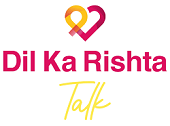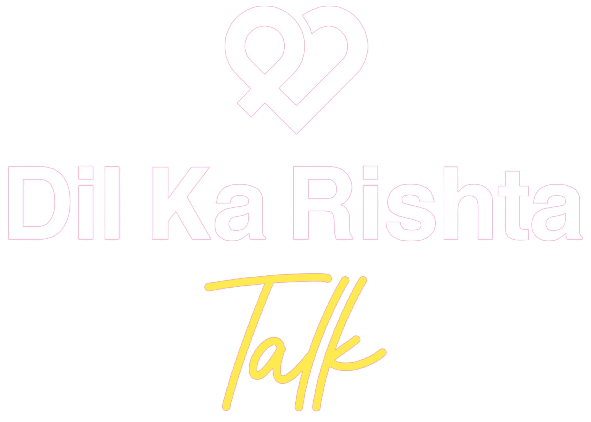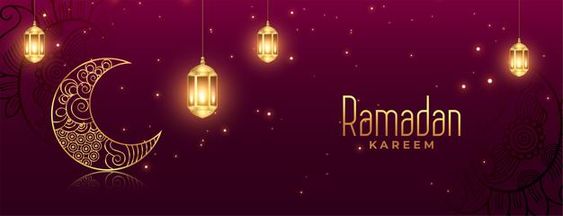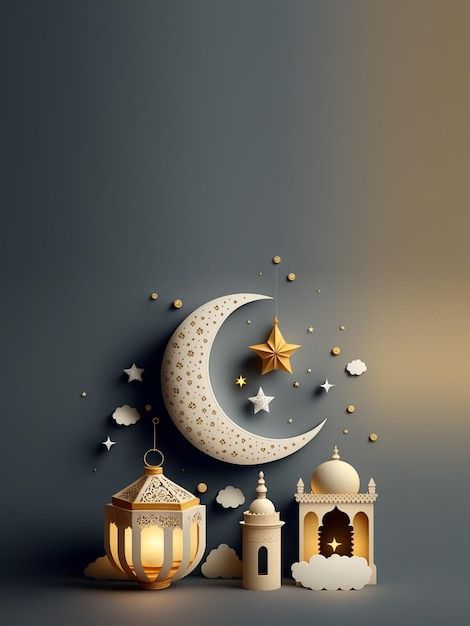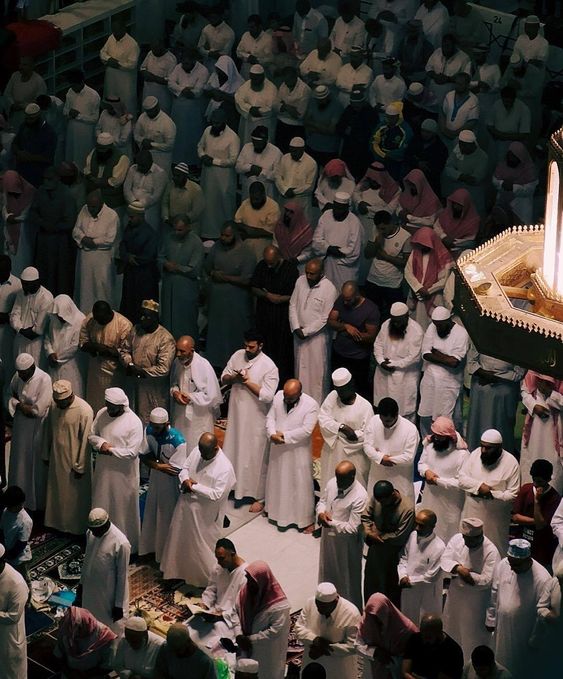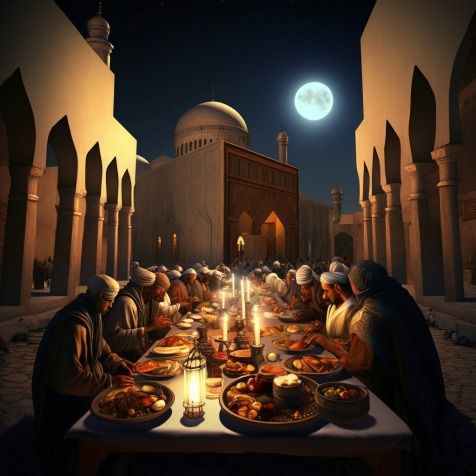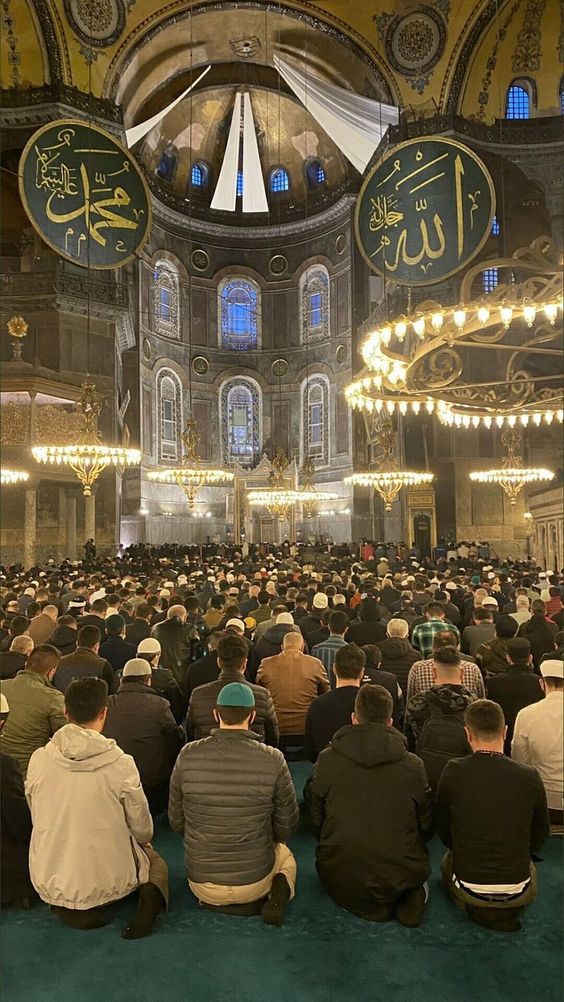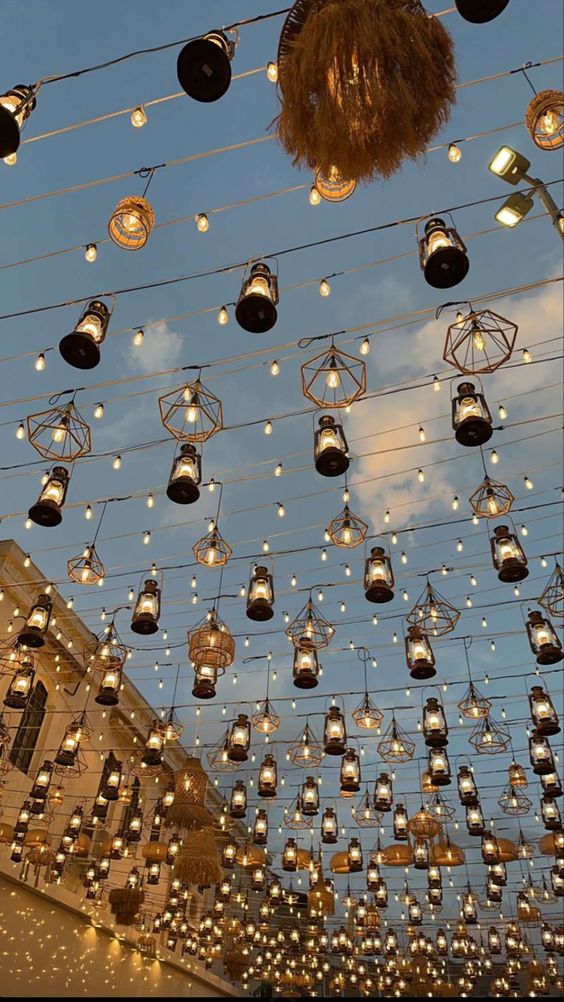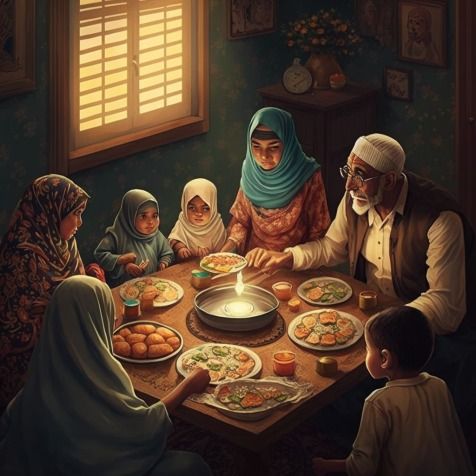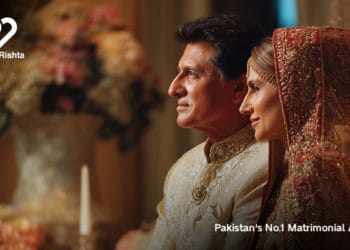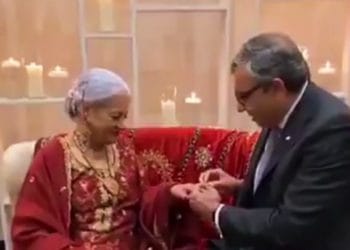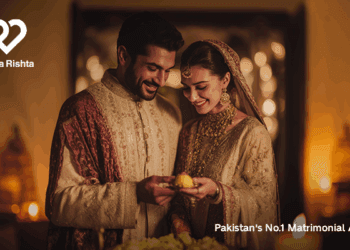Ramadan, the ninth month of the Islamic calendar, is a holy month observed by Muslims worldwide. It’s a time for deep reflection, spiritual growth, and community. While the core practices of fasting, prayer, and charity remain constant, Ramadan traditions take on a unique flavor depending on the region. Let’s embark on a journey to explore some of the vibrant ways Muslims celebrate Ramadan across the globe.
Setting the Stage for Ramadan:

In many countries, preparations for Ramadan begin weeks in advance. Homes are thoroughly cleaned, symbolizing a fresh start. Special Ramadan bazaars spring up in streets and squares, overflowing with dates, dried fruits, and delicacies to grace the Iftar table – the evening meal that breaks the fast.
The Call to Prayer and Beyond:
The Maghrib (sunset) call to prayer, signaling the end of the daily fast, is a unifying moment. In some countries like Turkey, drummers with traditional costumes announce Suhoor (pre-dawn meal) to wake people for their last meal before sunrise. In Indonesia, a cleansing ritual called “padusan” helps prepare for the holy month both physically and spiritually.
A Feast for the Senses: Iftar Delights

Iftar is a social and celebratory event. Families and friends gather to break the fast with dates, often followed by a light meal and then a heartier dinner. Dishes vary widely depending on regional cuisines. In Morocco, fragrant tagines take center stage, while in Indonesia, families relish kolak, a sweet coconut milk soup. In Egypt, Fanoos lanterns, beautifully crafted and brightly lit, illuminate streets and homes, creating a magical atmosphere.
Community and Charity: Pillars of Ramadan

Ramadan is a time for heightened generosity and compassion. Muslims are encouraged to give Zakat (obligatory charity) to assist the less fortunate. Community iftars are organized in mosques and public spaces, fostering a sense of togetherness. Children participate in traditions like “Haq Al Layla” in the UAE, singing for sweets and strengthening community bonds.
The Night of Power and the Road to Eid

Laylat al-Qadr, the Night of Power, is believed to be the night the Quran was revealed to Prophet Muhammad. Mosques stay open late for extended prayers and spiritual reflection. The last ten days of Ramadan are particularly sacred, and many Muslims intensify their prayers and devotions.
The Joy of Eid al-Fitr: Celebrating the End of Ramadan
Eid al-Fitr, the joyous festival marking the end of Ramadan, is a time for celebration and family gatherings. New clothes are donned, gifts are exchanged, and special Eid prayers are offered. Mouthwatering sweets like baklava and dates grace the table, symbolizing the sweetness of victory after a month of fasting and self-discipline.
Beyond Borders: A Shared Experience

Despite the rich diversity of Ramadan traditions, a sense of unity and shared purpose binds Muslims worldwide. It’s a month for self-improvement, strengthening family ties, and giving back to the community. Whether it’s the illuminating Fanoos lanterns of Egypt, the rhythmic drumbeats announcing Suhoor in Turkey, or the vibrant community iftars, these traditions add a unique layer to the universal experience of Ramadan.
This glimpse into Ramadan traditions highlights the beauty of Islam’s global tapestry. As Muslims come together across continents and cultures, Ramadan serves as a powerful reminder of our shared humanity and the values of compassion, faith, and community.
